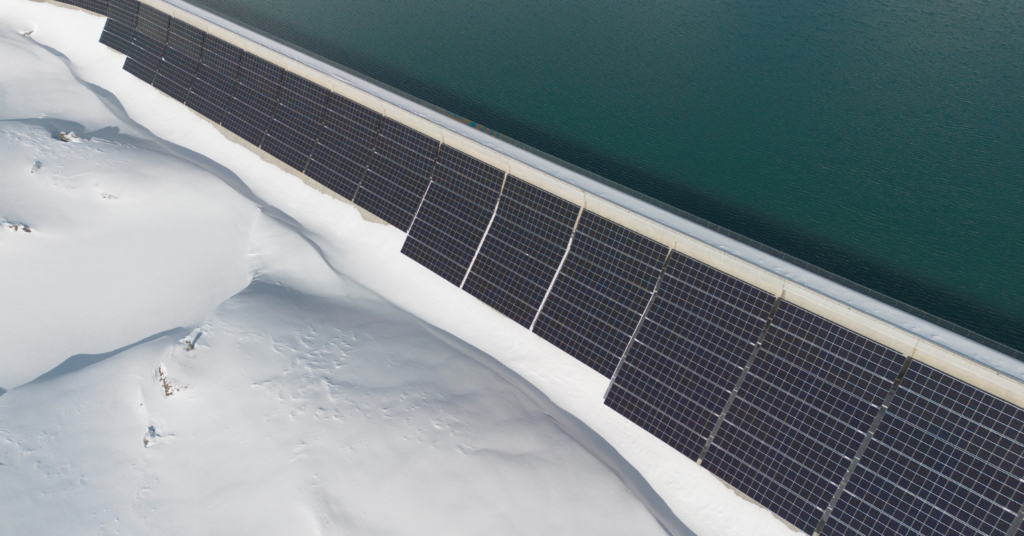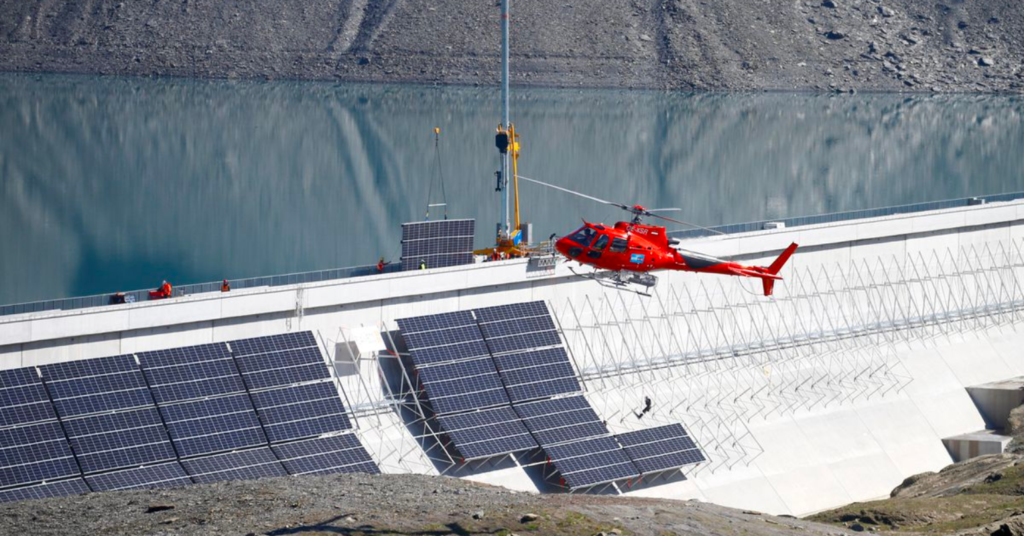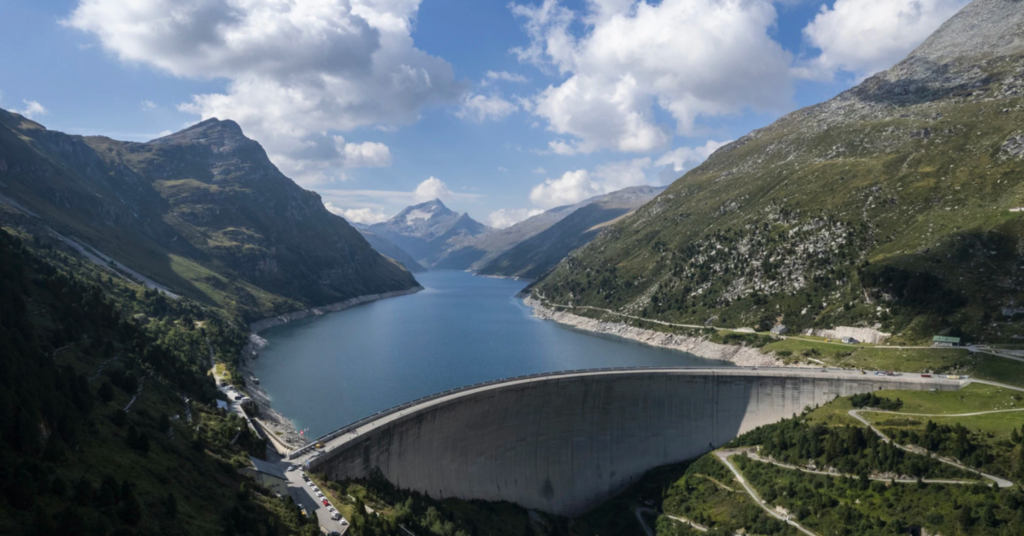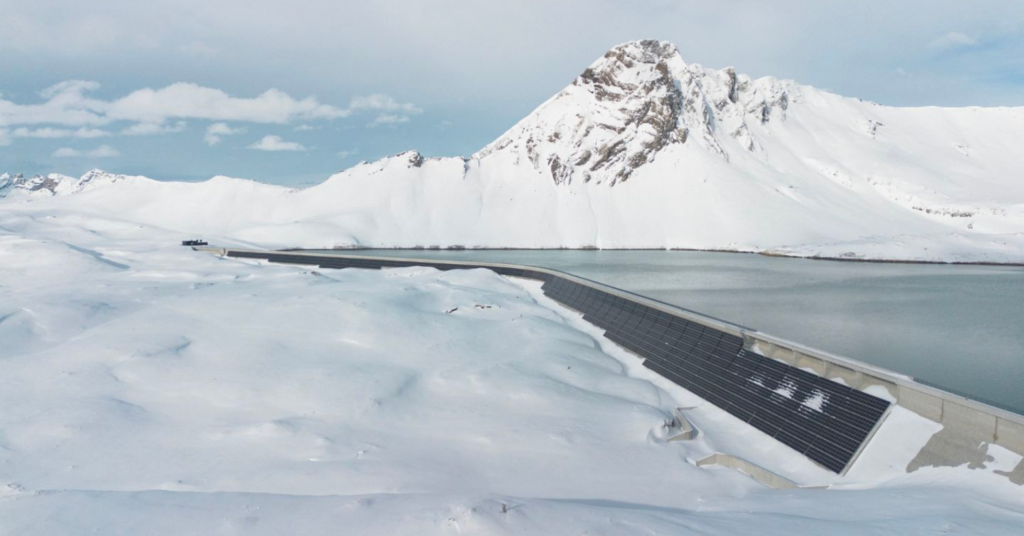Switzerland, known for its stunning mountain landscapes, has come up with an innovative solution to maximize its green energy production during the winter months.

A snaking wall of solar panels has been attached to Switzerland’s longest dam, the Lake Muttsee dam, in the central Swiss canton of Glarus, which is over 2,400 meters above sea level and surrounded by snow-capped peaks.
The project, called AlpinSolar, is part of a larger vision for Swiss energy producer Axpo, which aims to install 4,200 solar projects in the alpine country’s mountains and lower-lying regions by 2030.
AlpinSolar’s almost 5,000 solar panels produce 3.3 million kilowatt hours of energy per year, enough to supply around 700 houses.
The installation of the panels was completed last year, and production has already begun.

According to Jeanette Schranz, communications lead for renewables at Axpo, “One of the qualities of alpine solar plants is that, especially in winter, they produce up to three times more electricity than a comparable facility in the Midlands.”

But why are alpine solar plants so effective? According to Schranz, Switzerland’s mountains are less affected by fog in colder months, meaning the panels see more sun than they would at lower altitudes. She adds that the reflection from the snow also helps, as “solar panels like the cold and have a higher yield in cooler temperatures.“

Switzerland’s government is also making it easier for solar energy to become more prevalent.
Last year, the federal parliament amended the country’s Energy Act to fast-track the approval process of new solar plants that aim to produce significant levels of energy during the winter months.
In a world where we are increasingly conscious of our carbon footprint, it’s heartening to see countries like Switzerland taking the lead in innovative green energy projects.
And with the perfect mix of mountains and snow, who knows where else we might see solar panels popping up in the future?